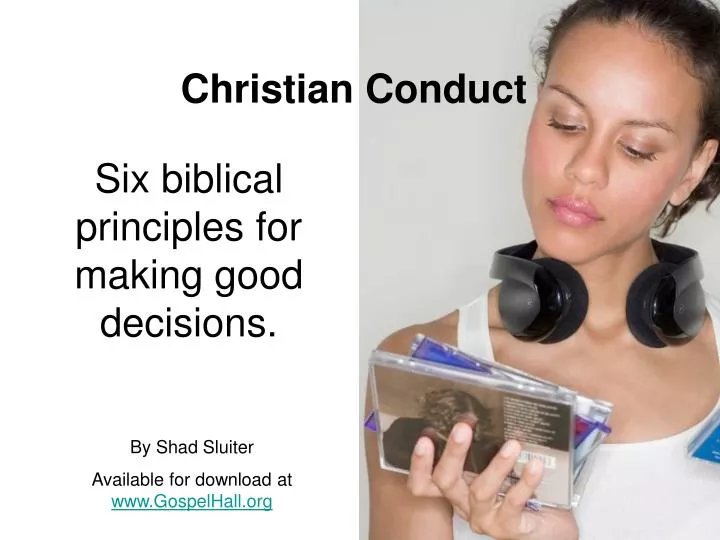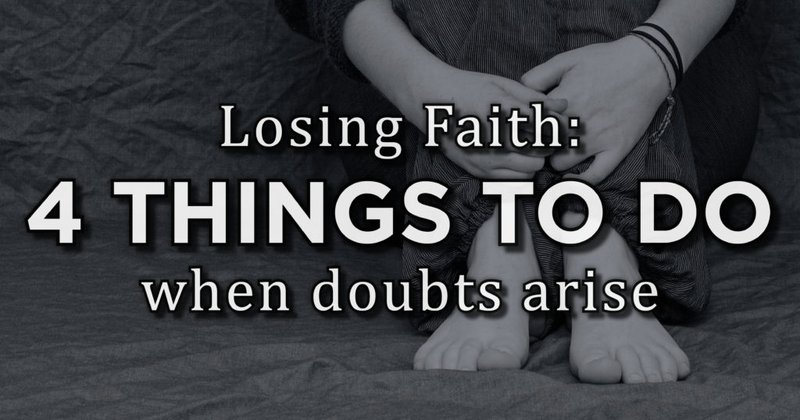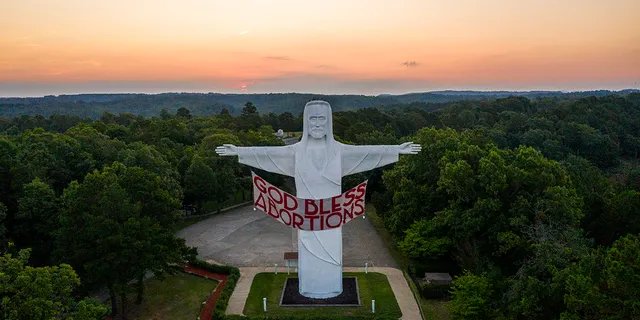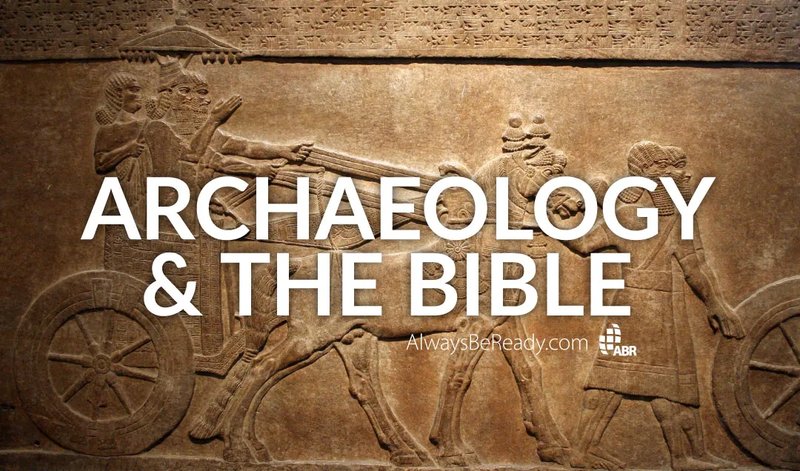· Apologetics > Apologetics in Christianity > Christians · 6 min read
Biblical Guide to Jesus Camp Impact: Spiritual Awakening Revealed
Explore the intense world of evangelical Christian youth camps in the documentary 'Jesus Camp,' delving into its controversial teachings and impact on young participants.

Jesus Camp
The documentary film “Jesus Camp,” released in 2006, directed by Heidi Ewing and Rachel Grady, provides an inside look into the world of a Pentecostal children’s pastor named Becky Fischer. It focuses on her Charismatic children’s camp called “Kids on Fire School of Ministry” located in North Dakota. The film follows Pastor Fischer and a few of the children before, during, and after the camp, offering commentary from liberal Christian radio host Mike Papantonio as a counter perspective to the dominionist campers and their families.
The Camp Experience
“Jesus Camp” begins by showcasing scenes from a “Changing the World Through Prayer Conference” held in a Missouri church. During this conference, Pastor Fischer emphasizes the importance of children being committed to serving God and highlights how sin has led the nation away from God. She leads both children and adults in praying in tongues and experiencing being “slain in the Spirit,” which involves falling to the ground under the influence of the Holy Spirit.
The film then introduces some of the homeschooled children who will be attending the “Kids on Fire” camp. These articulate children discuss topics such as creationism and the consequences of removing God from public schools. They demonstrate their faith by praying over everyday activities like bowling and sharing religious tracts with others. Another child, a young dancer, expresses her desire to dance for God rather than for her own desires.
Once the children pack their bags and head to North Dakota for the camp, Pastor Fischer and her team pray over the camp’s facilities and equipment. Throughout the camp, Pastor Fischer delivers sermons that captivate the children’s attention while focusing on sin, both personal sin and societal sin. One boy even delivers a sermon about how their generation must reclaim America for Jesus. Another speaker addresses the issue of abortion and emphasizes the role that these children can play in making it illegal again.
At one point, a camp counselor brings out a cardboard cutout of then-President George W. Bush, instructing the children to pray for him and his responsibility to appoint a new Supreme Court Justice. It is important to note that critics mistakenly claimed that the children were worshiping Bush. Many sermons at the camp culminate in sessions of uncontrollable weeping and praying in tongues.
Response and Controversy
The film shifts its focus to Mike Papantonio, who expresses concern over the influence of fundamentalists on the government. The documentary then announces the confirmation of Judge Samuel Alito, who was believed by many to be pro-life and was replacing the recently retired Supreme Court Justice Sandra Day O’Connor.
After the conclusion of “Jesus Camp,” the boy who delivered a sermon is shown visiting New Life Church in Colorado Springs, where then-pastor Ted Haggard condemns homosexuality and encourages his congregation to make an impact on the nation. (It is worth noting that this documentary was released before Haggard faced accusations of drug use and sexual relations with a male prostitute.)
Several children from the camp travel to Washington, D.C., where they join adults in singing, praying, and quietly protesting outside the U.S. Supreme Court against abortion. In interviews, these children speak about being trained for a spiritual battle, living without fear, and glorifying martyrdom.
The film concludes with an interview between Pastor Fischer and Papantonio. Papantonio advocates for a separation between church and state, while Pastor Fischer defends teaching children biblical truths and their application in the world. Pastor Fischer explains that her motivation is to bring the world into a saving relationship with Jesus.
“Jesus Camp” has received mixed reactions from viewers. Filmmaker Heidi Ewing noted that it seemed like people were watching two different movies. Critics accuse Pastor Fischer of brainwashing and indoctrination, and the campground where “Kids on Fire” was held faced significant vandalism by protestors, leading the owners to refuse hosting the camp again. On the other hand, some viewers claim that the film strengthened or renewed their commitment to follow Christ. As a result of the controversy, Kids on Fire has since been rebranded as “Kids in Ministry International.”
Evaluating the Documentary
While “Jesus Camp” provides an insightful look into the beliefs and practices of a segment of Pentecostalism and how they impact society, it is important to note that Pastor Fischer and her ministry do not represent mainstream evangelicalism. They are part of the Charismatic movement, which intentionally extends the Charismatic experience to children. The children are taught to pray in tongues, cast out demons, be slain in the Spirit, and mourn for the sins of the nation. They are also trained to believe that it is their responsibility to become an army of God and reclaim America as a Christian nation.
While there are valid criticisms directed at Becky Fischer and her training programs, it is crucial to approach these concerns from a biblical perspective. First, Pastor Fischer teaches erroneous Charismatic doctrine to children. The emphasis on speaking in tongues, exorcising demons, and healing is disproportionate. Emotional and ecstatic experiences are valued to an unhealthy extent. Additionally, the Bible does not teach that Christians should seek to transform society by seizing control of secular political entities.
Perhaps the most troubling aspect of Pastor Fischer’s message is placing burdens on young children to “take back America for God” because adults are perceived as “too fat and lazy” to fast and pray. While these words may have been intended as hyperbole or self-deprecation, they reflect a mindset that places undue responsibility on children. Although abortion and rejecting God are indeed national sins, it is not appropriate for nine-year-olds to bear the weight of mourning and redeeming the sins of adults.
Why This Matters
“Jesus Camp” serves as a reminder of the dangers that can arise from Charismatic excess and the importance of sound biblical theology. It highlights the need for Christians to critically evaluate teachings and practices, ensuring that they align with the teachings of Scripture. As believers, we are called to live lives that reflect Christ’s teachings and share His message of salvation, but it is crucial to do so with wisdom, discernment, and a proper understanding of our roles as children of God.
Think About It
- How can we ensure that our children receive sound biblical teaching without burdening them with responsibilities beyond their capacity?
- What are some potential dangers of emphasizing emotional experiences and ecstatic manifestations over a deep understanding of Scripture?
- As Christians, what is our role in engaging with society and addressing societal issues? How can we effectively impact the world around us without compromising biblical principles or seeking to control secular political entities?
- How can we promote unity and understanding among Christians who hold differing theological perspectives while still upholding the core tenets of our faith?
- In what ways can we guard against indoctrination and ensure that our faith is rooted in a genuine personal relationship with Jesus Christ, rather than being solely influenced by external factors?



